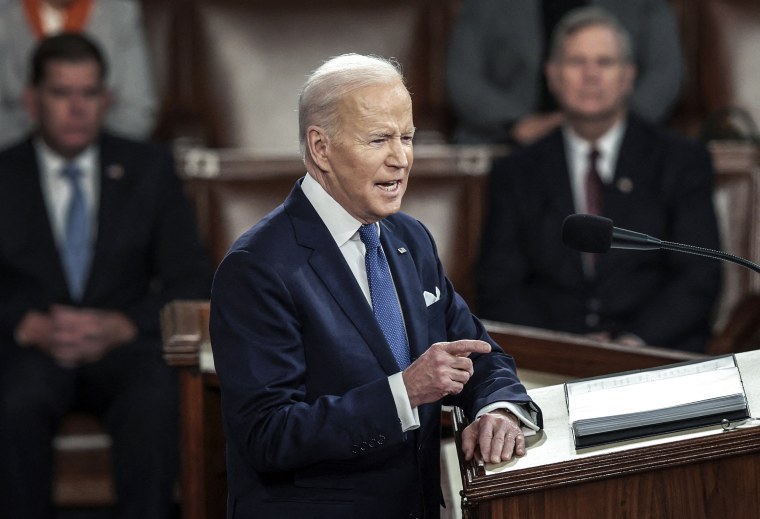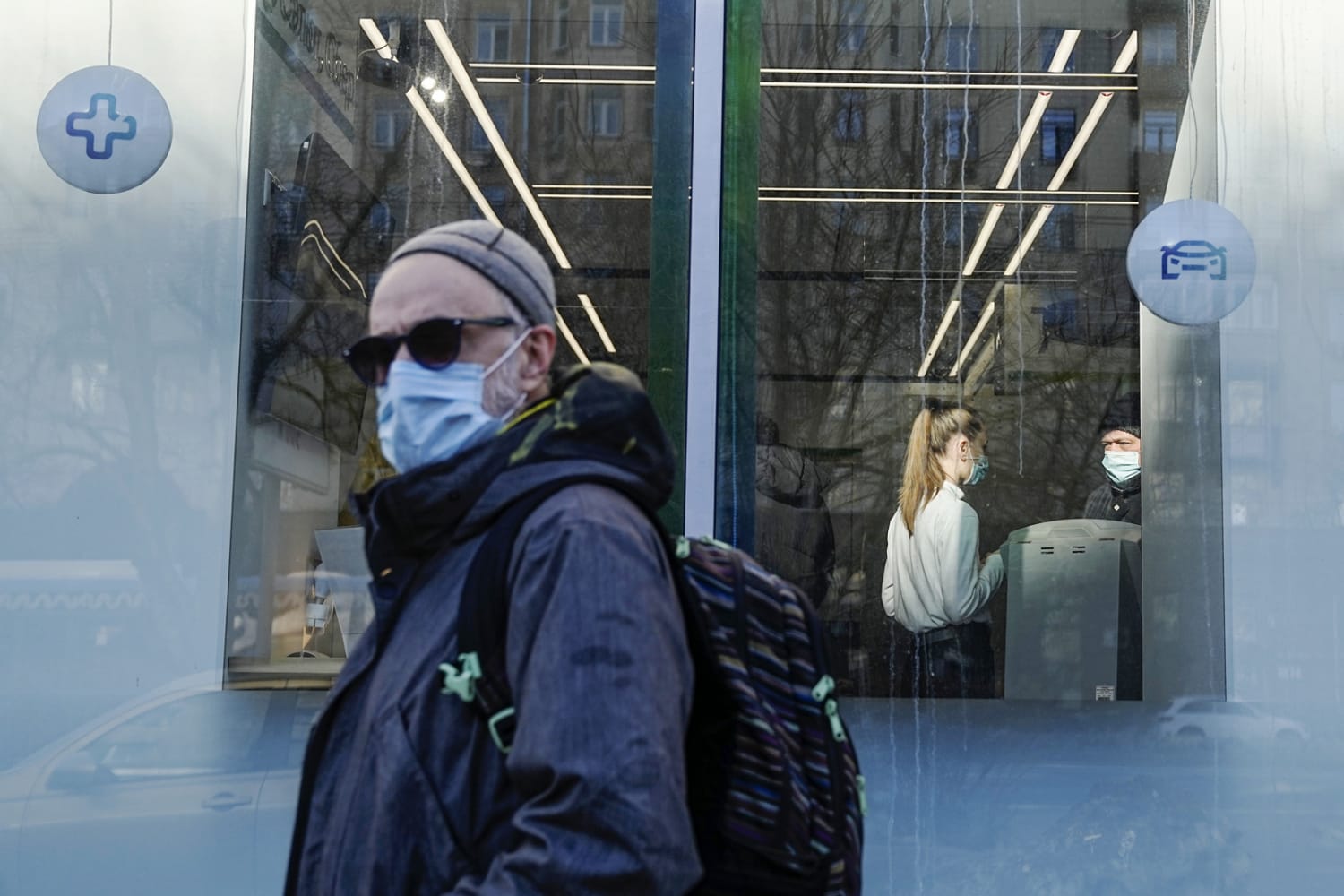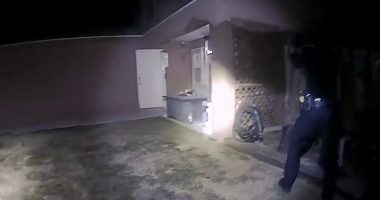It is hard to get an accurate sense of the weight of public opinion in Russia as a result of Putin’s years-long crackdown on dissent. But even in a county that routinely stifles political opposition and free speech, and where the media is dominated by state-run Kremlin mouthpiece TV stations, signs of disquiet are clear.
A survey by the Echo Moscow radio station found that even in this information-restrictive environment more than a fifth of Russians said they were against the war. On Tuesday, the station was taken off the air for being too critical of the Kremlin, its editor told The Associated Press. The office of Russia’s prosecutor general accused it of spreading “false information” about the conflict.
Protests are even further curtailed right now under the guise of Covid-19 safety. But even so countless thousands of people across the country have protested the Ukraine invasion. Of those, almost 6,500 people have been arrested since last Thursday, according to the Moscow-based independent human rights group OVD-Info.
It is undeniable that there is real opposition to Putin’s invasion of Ukraine. A Change.org petition started by veteran human-rights campaigner Lev Ponomarev had topped 1.1 million signatures by early Wednesday.
Meanwhile, separate open letters against the war have been signed by some 6,000 medical workers, 3,400 architects and engineers, and 500 teachers — a rare mass statement of defiance in a country where merely criticizing the government can lead to arrest.
In an attempt to control the narrative, state-run TV has downplayed the war as a minor “operation” confined to Ukraine’s Russian-speaking east. And the government’s communications regulator said it is limiting access to Facebook, accusing the platform of “censoring” Russian media.
Nevertheless, opposition has reverberated into the upper echelons of Russian society: Russian celebrities and public figures have denounced the war; Elena Kovalskaya, the director of a state-run theater in Moscow, quit her job because she did not want to continue receiving a salary from a “killer” like Putin; and Garage, a prominent contemporary art museum in Moscow, said it was closing until “the human and political tragedy” in Ukraine was stopped.

But perhaps even more surprising is the intervention by several Russian oligarchs — billionaires who got rich in the carve-up of the Russian state in the early 1990s, many of whom have links to Putin.
Mikhail Fridman, co-founder of Russia’s Alfa-Bank who according to Forbes is worth almost $13 billion, was one of those sanctioned this week by the European Union, which described him as “a top Russian financier and enabler of Putin’s inner circle.”
Fridman, who was born in Ukraine and has denied those allegations as “defamatory,” moved Monday to distance himself from Putin’s war. In an open letter to staff he said that “war can never be the answer” and that “this crisis will cost lives and damage two nations who have been brothers for hundreds of years.”
The message from the West has been clear: The days of Russian oligarchs orbiting Putin and criticizing the West — while mooring their yachts in Monaco, partying in London and Paris and educating their children at elite Western schools — are over.
At his State of the Union address Tuesday, U.S. President Joe Biden warned the oligarchs, “We are coming for your ill-begotten gains.”
All of this contrasts with the mood before the invasion, when former president and now top security official Dmitry Medvedev dismissed the West’s “woeful sanctions” as “political impotence.”
On Wednesday, Kremlin spokesman Dmitry Peskov acknowledged that “the Russian economy is now experiencing a serious blow” but maintained “there is a margin of safety. We will stand on our feet.”
He told reporters that “support for Putin’s actions is very high” and that “this gives strength to the president.”
In reality the Russian leader is facing pressure at home and abroad. With the invasion going slower than expected, he has ramped up his bombing against Ukrainian civilians and threatened the West with nuclear war — something that could engulf many of Russia’s 144 million people too.
“F— Putin, f— the war,” one man, aged 31, told NBC News in Moscow this week. “We are really afraid that he can start a nuclear war,” he said, declining to give his name because of fear of reprisals by Russia’s security services. “I think he can because he’s crazy.”
The Associated Press contributed.
Source: | This article originally belongs to Nbcnews.com









